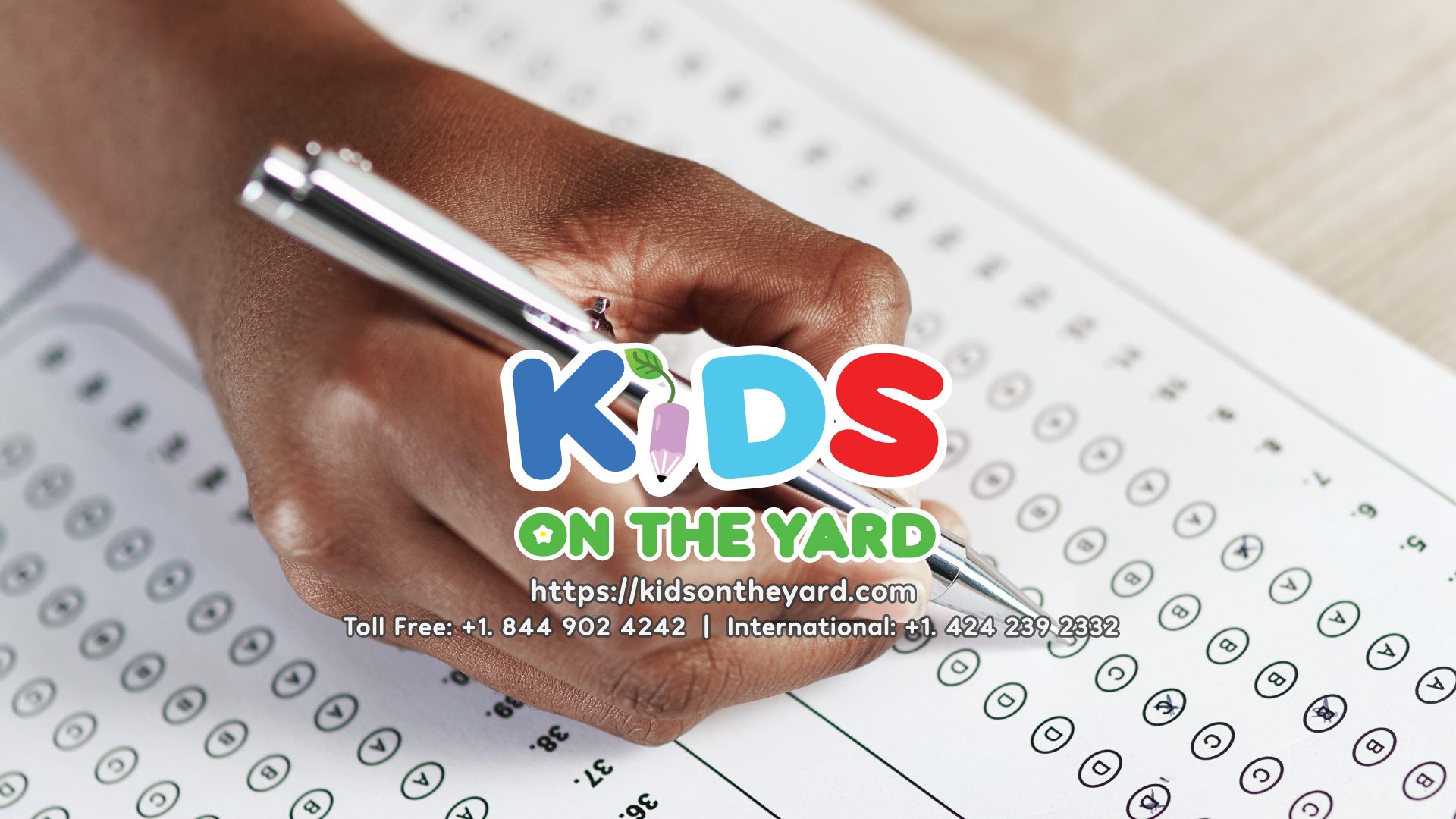|
Audio Article
|
With the SATs beginning in March, now is the perfect time to get ahead with studying. Preparing early can help build confidence, improve test-taking skills, and reduce last-minute stress.
Use these effective study skills to prepare for the SATs and beyond!
Effective Preparation Techniques
Effective preparation for standardized testing requires consistent study habits and varied techniques. Students should prioritize regular study sessions over cramming, breaking content into manageable chunks. Integrating practice tests helps build familiarity with formats and improves pacing skills.
Educational apps can enhance learning through interactive quizzes and progress tracking. Recorded lessons allow students to revisit challenging topics at their own pace. Virtual study groups foster collaboration on difficult subjects.
Focused review of specific subject areas is crucial. Active engagement with materials through flashcards, conceptual maps, and mnemonic devices can improve retention. Understanding underlying principles is more important than rote memorization.
Practice tests under exam-like conditions help students adapt to the testing environment. Reviewing results identifies areas needing further attention and refines test-taking strategies.
Creating a distraction-free study environment and incorporating stress management techniques like breathing exercises can support emotional readiness for test day.
Test-Taking Strategies
For multiple-choice questions, use the process of elimination to narrow down options. Read each question carefully before systematically ruling out incorrect choices.
Efficient time management is crucial. Scan the entire exam before starting to allocate time appropriately. Begin with questions you feel confident answering, leaving more complex items for later. Maintain a steady pace throughout the test.
For essay questions, develop a brief outline before writing to organize thoughts and ensure all parts of the question are addressed. Start with an engaging introduction, provide structured arguments with evidence, and conclude with a strong summary.
If time permits, review answers to catch errors and reconsider reasoning. This reflective practice can help improve test-taking habits for future assessments.
Supporting Emotional and Psychological Readiness
Emotional readiness is as important as academic preparation for standardized tests. Encourage healthy lifestyle choices such as regular physical activity, balanced nutrition, and adequate sleep to support cognitive function.
Integrate mindfulness or relaxation techniques like deep breathing exercises or short meditation sessions to manage stress effectively. These practices can provide immediate relief during tense moments and promote a sustained sense of calm.
Foster open communication about mental well-being, encouraging students to express concerns and seek guidance when needed. Connecting with peers or trusted adults can alleviate feelings of isolation. Mental health professionals can offer valuable support in developing coping strategies and resilience.
Accommodation and Special Strategies for Diverse Learners
For students with diverse learning needs, such as those with ADHD or dyslexia, targeted accommodations can improve test performance. Quiet, distraction-free testing environments can enhance concentration. Guided testing, where questions are read aloud, can assist students who benefit from auditory processing.
For students with ADHD:
- Break down test sections into smaller segments
- Provide breaks between sections
- Incorporate mindfulness techniques to promote self-regulation
For learners with dyslexia:
- Use visual and auditory aids such as text-to-speech software
- Utilize color-coded charts
- Encourage the use of mnemonic devices or structured outlines to organize thoughts
Timing accommodations, such as extended test time, can provide a fairer opportunity for these students to demonstrate their understanding. However, this should be part of a comprehensive strategy that includes other adaptive techniques.
In preparing for standardized tests, the most important approach is to combine consistent study habits with emotional readiness. This balanced method equips students with necessary skills and a mindset for success.
- United States Government Accountability Office. K-12 Education: Public High Schools with More Students in Poverty and Smaller Schools Provide Fewer Academic Offerings to Prepare for College. GAO-19-8. Washington, DC: GAO; 2018.
- City University of New York. The Effects of Advanced Placement and International Baccalaureate Programs on Student Achievement. New York: CUNY; 2018.
How can I effectively prepare for standardized tests?
Prioritize regular study sessions over cramming.
Break content into smaller, manageable chunks.
Use practice tests to familiarize yourself with the format and improve pacing.
Utilize educational apps for interactive learning and progress tracking.
Review challenging topics through recorded lessons.
Participate in virtual study groups for collaborative learning.
What are the best ways to retain information?
Use active learning techniques such as flashcards, conceptual maps, and mnemonic devices.
Focus on understanding concepts rather than rote memorization.
Engage in regular review sessions to reinforce material.
Why are practice tests important?
They simulate real test conditions, improving adaptability.
They help identify weak areas that need more focus.
They enhance test-taking strategies and time management.
What are some effective test-taking strategies?
For multiple-choice questions, use the process of elimination.
Read all questions carefully before answering.
Manage time wisely—start with easier questions and return to difficult ones later.
For essay questions, create an outline before writing to stay organized.
Review answers if time allows to catch errors or refine responses.
How can I reduce test anxiety and stay emotionally prepared?
Get adequate sleep, exercise regularly, and eat a balanced diet.
Practice relaxation techniques like deep breathing and meditation.
Talk about concerns with peers, teachers, or counselors.
Develop a positive mindset and avoid negative self-talk.
What accommodations are available for students with learning differences?
Distraction-free testing environments.
Guided testing (e.g., reading questions aloud).
Extended time for completion.
Visual and auditory aids like text-to-speech software.
Breaking down test sections into smaller segments with scheduled breaks.
What strategies help students with ADHD during testing?
Divide test sections into smaller parts.
Take short breaks to maintain focus.
Use mindfulness techniques to regulate attention.
What strategies assist students with dyslexia?
Utilize text-to-speech tools for comprehension.
Use color-coded charts to highlight key concepts.
Rely on structured outlines and mnemonic devices to aid organization.
How do Advanced Placement (AP) and International Baccalaureate (IB) programs impact test readiness?
Research shows that participation in AP and IB programs improves student achievement.
These programs help develop critical thinking and time management skills beneficial for standardized testing.


